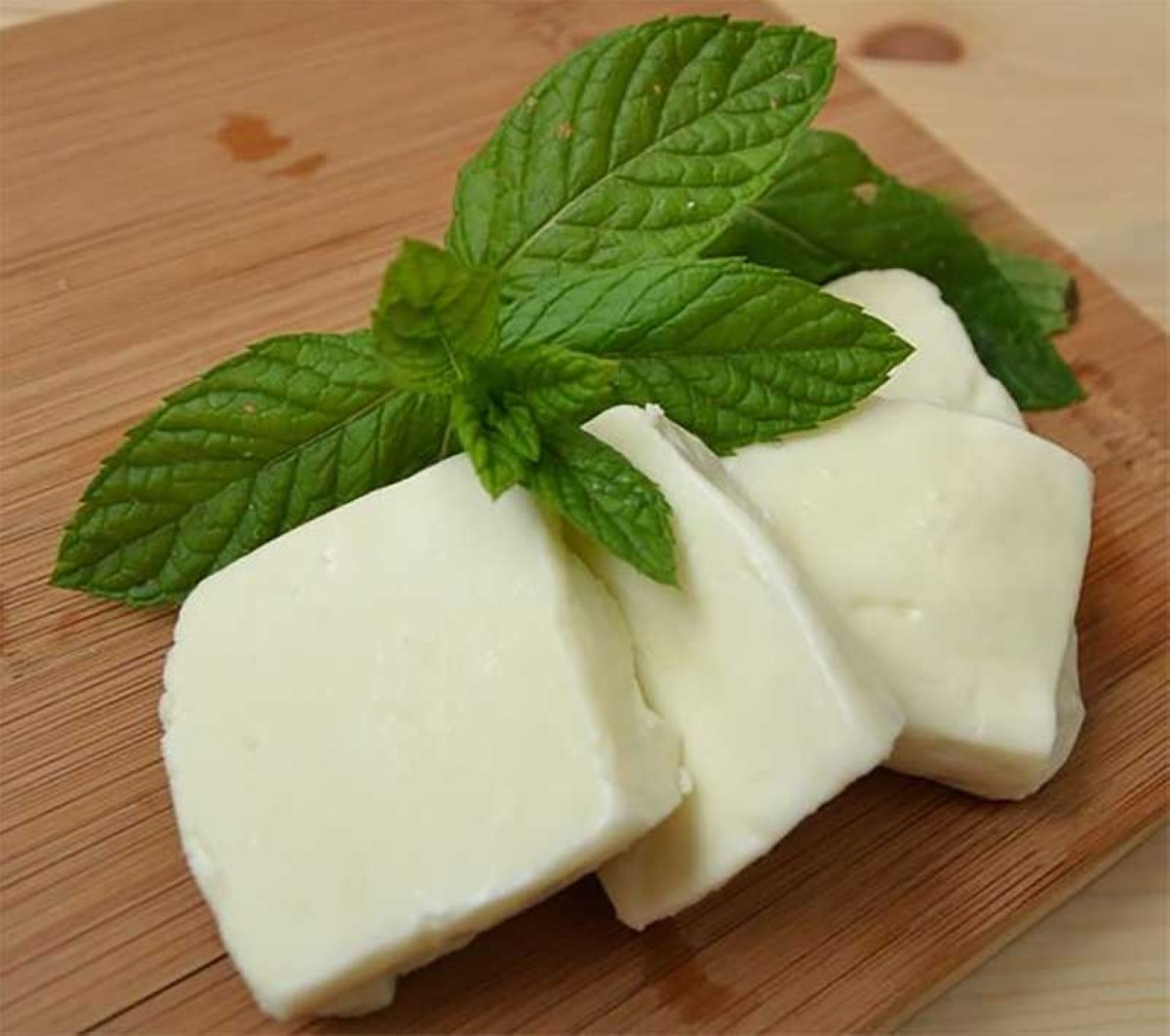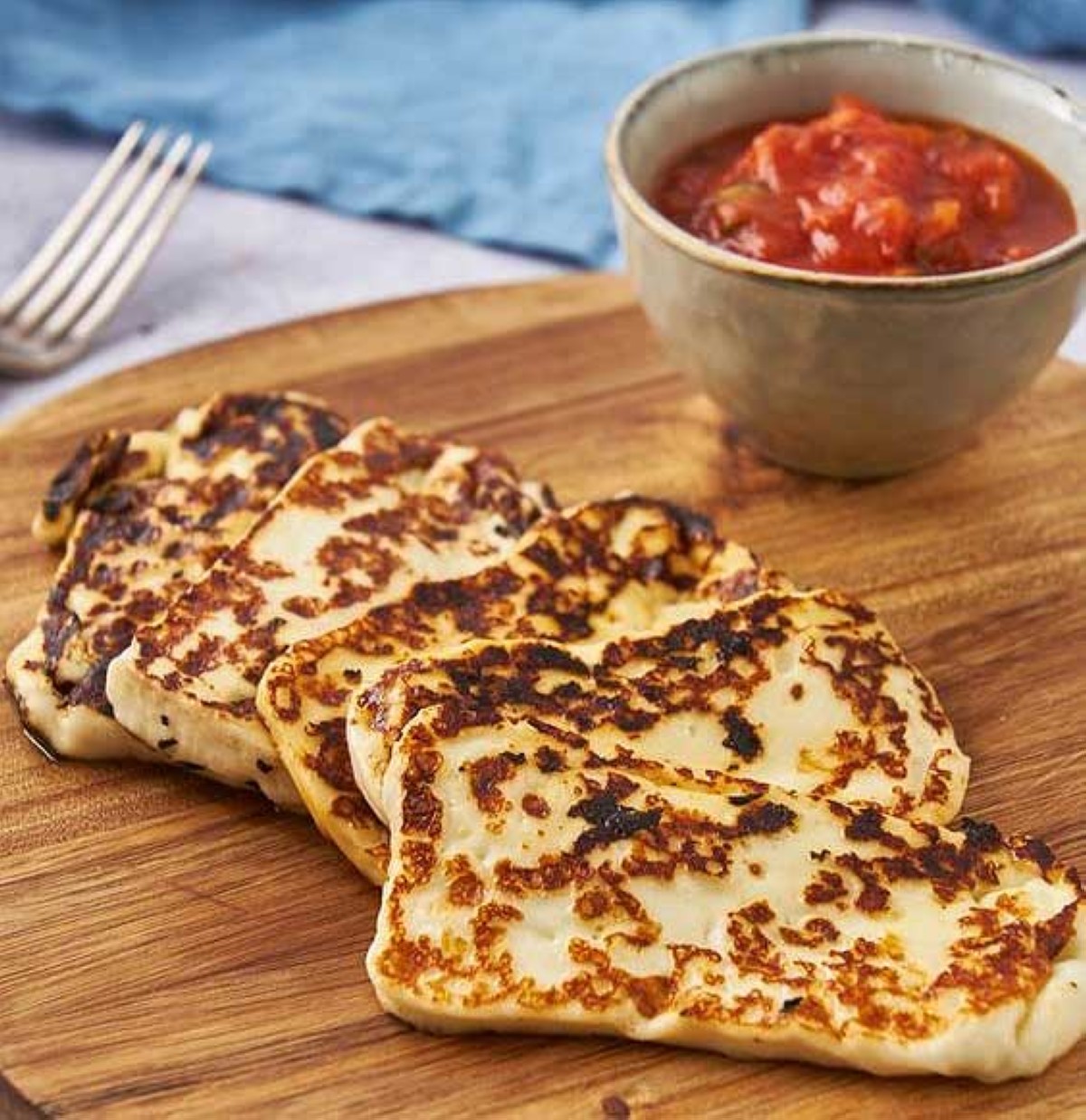13/09/2024
13/09/2024

KUWAIT CITY, Sep 13: The Gulf countries, renowned for their rich culinary traditions, have a deep-rooted love affair with cheese. A staple in countless local dishes, Arabic cheeses have become an integral part of the region's gastronomic landscape. From the salty tang of halloumi to the creamy indulgence of labneh, these regional delicacies offer a unique flavor profile that has captivated taste buds for centuries.
A Diverse Spectrum of Flavors
One of the most beloved Arabic cheeses in the Gulf is halloumi, a semi-hard cheese made from sheep's or goat's milk. Its distinctive feature is its ability to maintain its shape when grilled or fried, making it a popular ingredient in salads, sandwiches, and grilled dishes. Another favorite is labneh, a creamy cheese made by straining yogurt until it thickens. Often flavored with herbs like mint or zaatar, labneh is enjoyed as a dip, spread, or topping.

Regional Variations
While many Arabic cheeses are enjoyed across the Gulf, each country has its unique varieties. In Kuwait, nabulsi, a semi-hard cheese with a slightly salty taste, is commonly found. In Saudi Arabia, akkawi cheese, a soft, white cheese with a mild flavor, is a popular choice. In Oman, jibneh arabieh, a versatile cheese that can be used in both sweet and savory dishes, is a beloved ingredient.
A Culinary Legacy
The consumption of Arabic cheeses in the Gulf can be traced back centuries, with many of these varieties being passed down through generations. These cheeses are not only a delicious addition to meals but also play a significant role in the region's cultural heritage. As the Gulf countries continue to embrace their culinary traditions, Arabic cheeses are poised to remain a beloved and essential part of the local food scene.
Arabic cheeses, like halloumi, labneh, and akkawi, offer a variety of health benefits due to their nutritional composition.
Here are some key advantages:
Protein Powerhouse: Arabic cheeses are rich in protein, essential for building and repairing tissues.Calcium Content: They are excellent sources of calcium, crucial for strong bones and teeth.
Healthy Fats: Arabic cheeses contain healthy fats, such as conjugated linoleic acid (CLA), which has been linked to various health benefits, including weight management and reduced inflammation.
Probiotics: Some Arabic cheeses, particularly those made from fermented milk, may contain probiotics, beneficial bacteria that support gut health.Vitamins and Minerals: These cheeses provide essential vitamins and minerals, including vitamin A, vitamin B12, phosphorus, and zinc.
Healthy Fats: Arabic cheeses contain healthy fats, such as conjugated linoleic acid (CLA), which has been linked to various health benefits, including weight management and reduced inflammation.
Probiotics: Some Arabic cheeses, particularly those made from fermented milk, may contain probiotics, beneficial bacteria that support gut health.Vitamins and Minerals: These cheeses provide essential vitamins and minerals, including vitamin A, vitamin B12, phosphorus, and zinc.
However, it's important to note that:
Calories and Fat: While offering nutritional benefits, Arabic cheeses can also be high in calories and fat. Consuming them in moderation is key.
Salt Content: Some varieties may have a high salt content. Opt for low-sodium options or rinse the cheese before consuming to reduce salt intake.
Salt Content: Some varieties may have a high salt content. Opt for low-sodium options or rinse the cheese before consuming to reduce salt intake.
If you have specific dietary concerns or health conditions, it's always advisable to consult with a healthcare professional or registered dietitian before incorporating Arabic cheeses into your diet.
By Arab Times


